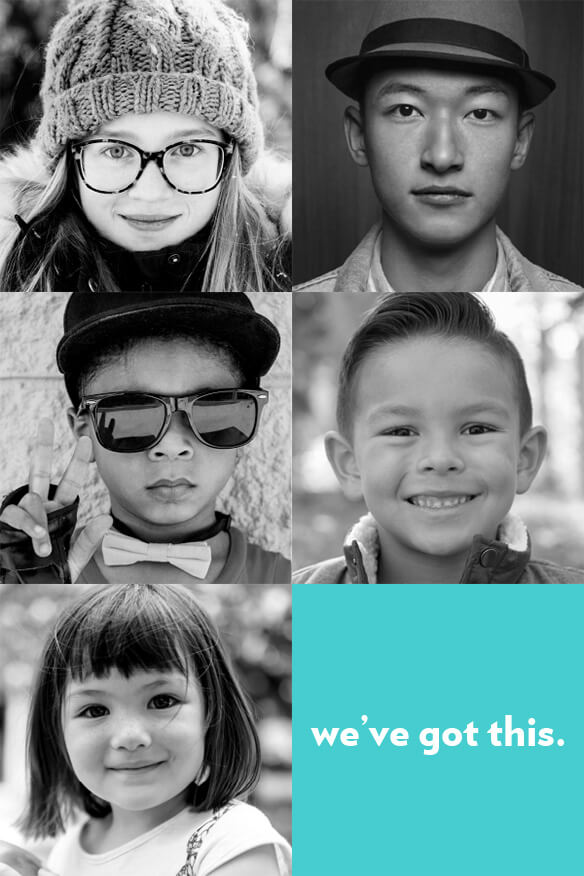As an avid food lover and cook, it came as a shock to Riley at the age of 16, when she first was diagnosed with Celiac disease. An autoimmune disorder triggered by eating gluten, Celiac disease, while biologically dissimilar to food allergies, engenders similar eating restrictions and compromises to one’s quality of life. I had the opportunity to chat with Riley, who is studying Health Sciences at Queens University, about the impact of Celiac disease on university life, including living in Residence (aka dorm) dating, and parties. Even though her sensitivity does not directly result in anaphylaxis, nor does she have to carry around an EpiPen, her reaction to gluten can affect the lining of her small intestine and, over time, prevent it from consuming some nutrients and, if left untreated, can result in the onset of other autoimmune disorders.
How was your residence and cafeteria experience?
Before her first-year, Riley was assigned to the residence, West Campus, but ended up switching to an all-girls residence called, Adelaide. She requested to transfer because West Campus had limited food she could safely eat and off-campus food options were at least 20 minutes away. Riley explained how the start of school was challenging when it came to eating as she had to wait to make the transfer as the school did not consider her reasoning an emergency. She laughs now about having to live off of rice, beans and hot sauce. Luckily, Queen’s university listed all the main allergies under the meal options and even offered a “gluten free zone” in each cafeteria, which had a separate toaster, bread, milk etc. Riley acknowledges that Queens has one of the best cafeterias for students in Canada, especially for those with food allergies. When signing up for residence, you can include your dietary restrictions on the initial sign-up form, and the university even sets up a meeting with your family and the head chef. She elucidates how useful this was, as they helped guide her into the cafeteria experience with the feeling of safety.
How has your dietary restriction impacted your roommates and friendships?
After residence, Riley moved into a house with a group of girls with whom she has been living for three years now. She explained how she usually makes dinner with at least one of her roommates every night, and on the off chance that she doesn’t, she is happy to make her own food, eat what they are having, but with gluten-free substitutes, or simply order in. One of her roommates, Claire, is vegetarian, so sometimes they their meals together and the other roommates are never offended. When eating at restaurants, Riley prefers to eat with her closest friends, than with large groups of people. Her friends are good at remembering her food restrictions, which is incredibly valuable to her. When her pals are making a gluten-free meal, they will often invite her to come over. Not surprisingly, she loves when they do this.
Do you think dating life is harder when your diet is restricted?
Riley flat out stated she will not go on dates. Besides the general anxiety all individuals feel while dating, Riley’s inability to eat gluten prevents her from sitting down for a meal with suitable bachelors. She feels too embarrassed asking for gluten-free food and feels as though she is burdening her dates. Riley’s current boyfriend even asked her if she could eat fruit loops once and routinely offers her food she cannot eat, highlighting how even those close to her aren’t even aware of what gluten is and how hidden it is in so much of the food we eat.
Do you think you missed out on the social aspects of drinking, like games typical to college life, such as beer-pong?
Especially in the first year of university, Riley felt left out of the social drinking scene at Queen’s. When she would go to a party, where she didn’t know anyone, the people would often go play “flip cup” (a drinking game involving beer, which of course contains gluten) to socialize with new people, and she would have no choice but to sit out. At the beginning of a new school experience, she found this barrier prevented her from meeting new people. In more recent years, some good friends have filled their red cups with water instead of beer out of respect for Riley. Of course this makes her feel included and she appreciates the difference in university students’ maturity compared with her peers back in highs school, who would not have made these same sacrifices for her.
Spending her summer in Vancouver, which has a popular craft-brewery scene, Riley feels as though she misses out on going to popular restaurants where only beer is served. Last summer, due to the pandemic, her friends often met at outdoor patios, serving beer, leaving Riley with the choice to either stay at home or pay for an $8 lemonade to sit with her slightly inebriated friends.
What is your advice to those nervous about going into a residence and moving away from home?
Riley really emphasized that although she understands the discomfort of asking for accommodations or having to bring up one’s allergy, it really shouldn’t be embarrassing. People don’t care as much as we fear. In spite of the challenges she has pushed through, she still recommends Queens for the efforts the school makes to accommodate students with Celiac and/or food allergies.
Is there anything your university could have done better?
Although she appreciated all of Queen’s efforts, she would have loved some more options. They don’t necessarily cater to those with intersecting restrictions. For example, she’s lactose intolerant doesn’t eat red meat and has celiac disease, so there isn’t much accommodation across these different restrictions. However, she understands that it is hard to accommodate everybody’s intolerances considering the vast amount of allergies out there.
To stay updated and to track your child’s food allergy download the Belay app for ios and android













